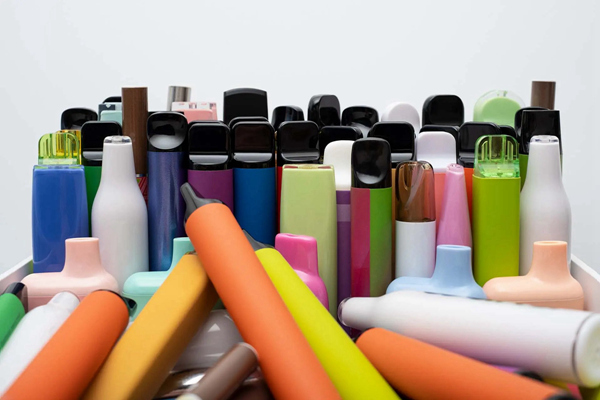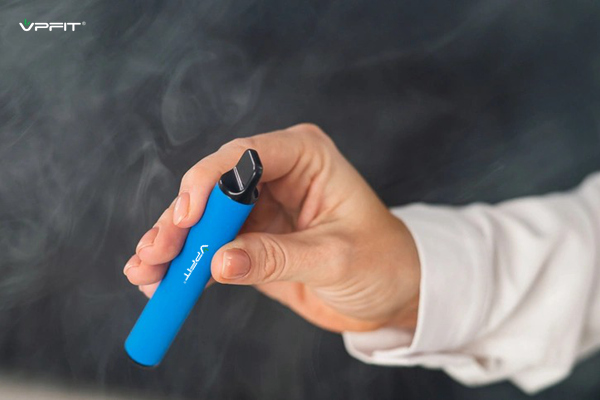
The UK will implement the world’s toughest anti-smoking laws
March 22, 2024
Kentucky Vape Merchants Oppose State Catalog Law | Vape China
March 26, 2024Recently, the European Commission announced its support for Belgium’s bill to ban the sale of disposable vapes in the country.
Belgian goes the first step in banning disposable vape selling among EU.
In Dec. 2022, the Belgian government announced the inter-federal strategy for a smoke-free generation 2022-2028. Its main goal is to reduce the number of smokers aged 15-24 to 6% or less by 2028.
To achieve this, Belgian authorities have decided to ban the sale of disposable vapes from Jan. 1, 2026. It is to follow European law, specifically the Tobacco Products Directive (Directive 2014/40/EU). Thus Belgium needs approval from the European Commission to implement its new regulations.
Health Commissioner Stella Kyriakides signs a committee note. The note says:
“The national provisions banning the placing on the market of disposable electronic cigarettes containing nicotine, notified by the Kingdom of Belgium […], are approved”
Currently, only nicotine disposable vapes are banned.
The note clarifies that only disposable vapes containing nicotine fall within the scope of Directive 2014/40/EU. So the scope of this Decision limits to disposable electronic cigarettes.
Belgium will become the first country in the EU to ban disposable vapes.
Will other EU members follow?
The decision by Belgium to ban the sale of disposable vapes is setting a precedent. And, it could potentially influence other EU countries to take similar actions. Disposable vapes contribute to environmental concerns and potential youth access issues. So, other EU countries may consider implementing similar restrictions to address these issues.
However, each country’s regulatory approach may vary depending on their specific considerations and priorities. Thus, we will need to observe if other EU countries follow suit in banning the sale of disposable vapes.
To the vape manufacturers and companies
The disposable vape ban in Belgium may implicate the vape manufacturers and companies. First, they may need to adapt their product offerings to comply with the new regulations. And, they may need to turn their focus toward reusable and refillable vape devices.
Besides, there is a shift towards more sustainable and environmentally friendly vaping nowadays. Vape manufacturers and companies may face changes in market demand and consumer preferences.
Next news: The UK will implement the world’s toughest anti-smoking laws






